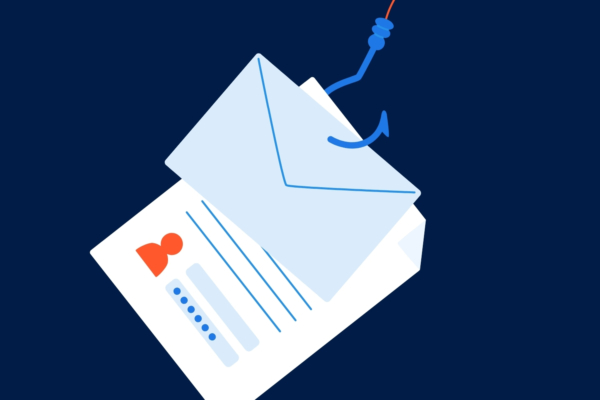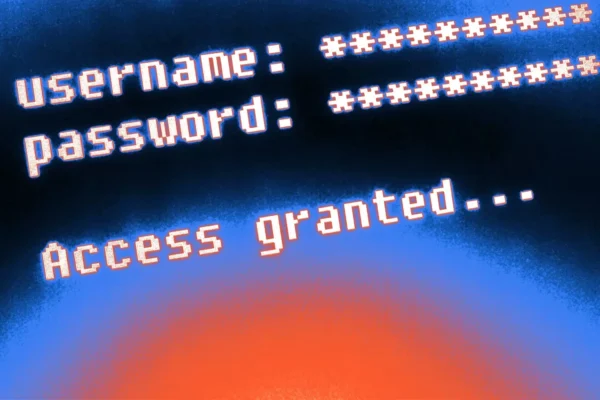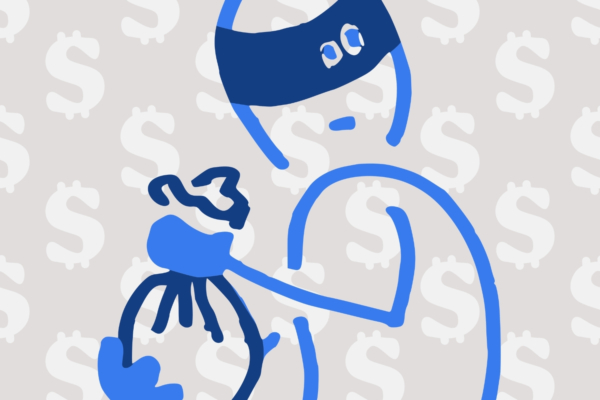
Protect Yourself Against Identity Theft

Most of us have been warned about identity theft at some point in our lives. It won’t happen to everyone, but the concern is valid — consumers filed 2.2 million fraud reports in 2020, according to the Federal Trade Commission.
Nobody is immune to identity theft, but by understanding how it occurs, how to recognize when you’re a victim, and how to prevent it, you can greatly lower the chances of it happening to you.
What is Identity Theft?
Identity theft is the fraudulent and unauthorized use of your personal information, most often for financial gain. This typically occurs through someone using your personal information in order to gain access to your financial and investment accounts, open lines of credit, use your name and information for services like healthcare, and more.
How Do You Know Your Identity Has Been Stolen?
It is important to know the warning signs of identity theft. Here are a few:
- Alerts of logins that you did not attempt
- Sudden or unexpected changes in your credit score
- Unusual charges on your credit cards
- Unknown withdrawals from your financial accounts
- Denial of your tax refund
- Denial of healthcare coverage
- Attempts to be contacted by unknown debt collectors
- Random bills for medical services that you never received
Types of Identity Theft
There are several different types of identity theft, but here are a few of the most common:
- Financial identity theft, when someone gains access to your financial information and can spend your money and open new accounts in your name. This is the most common.
- Tax identity theft, when someone uses your personal information to file an income tax return and get your tax refund.
- Medical identity theft, when someone uses your name and information to receive medical services.
- Employment identity theft, when someone uses your name and personal information (like your social security number) to get a job and/or to pass a background check.
- Criminal identity theft, when someone gives your name and information to the police when arrested or charged with a crime.
Ways to Prevent Identity Theft
We are all susceptible to identity theft, but by taking some extra precautions, we can greatly decrease the likelihood of it happening to us.
Beware of Phishing and Malware
Phishing occurs when scammers lure you into disclosing personal information, such as your credit card or social security number. They typically do this by sending you an email that appears to be from a trusted institution, like your bank. The email will prompt you to enter your personal and/or login information, which scammers will then use to access your actual account.
Malware, short for “malicious software”, is a type of software that is designed to cause disruption or gain unauthorized access to your computer system. This type of software is typically installed by the unsuspecting victim by opening an email attachment or clicking on a link that prompts malware to be installed.
One example of malware is keylogging. A keylogger is a type of malware that can record every keystroke you make. If a keylogger has been installed on your computer, a hacker can see everything you type, such as login information to personal accounts.
Always be wary of what you open on your computer, and what information you give up readily. Before clicking on links or attachments in an email, be sure the email is coming from a reliable sender. Even then, avoid responding to emails that ask for personal information or clicking on random links.
Always Use Strong Passwords
Taking a few minutes to create stronger passwords can save a lot of future headaches and complications should your account get hacked. Some quick tips for a stronger password:
- Avoid using any personal information, like your name or address, in the password
- Avoid reusing passwords
- Make it long, ideally between 12-16 characters
- Include a mix of character types — uppercase letters, lowercase letters, numbers, and symbols
- Don’t use sequential or common keystrokes, like QWERTY or 12345
- Use two-factor authentication to reduce risk even further
You can use a password manager to store these strong, unique passwords.
Set Up Alerts
Many financial institutions have a system in place where you can sign up to receive text or email notifications when transactions are made on your accounts. You could, for example, ask to receive a text message anytime a charge over $100 is made on your account. Signing up for these alerts is a great way to know as soon as possible if someone has accessed your account.
Use a Digital Wallet
Digital wallets have stronger security than a physical wallet — they typically require a PIN and/or two-factor authentication to gain access. In addition, mobile payments are encrypted and tokenized, meaning your card and account numbers are not actually stored in the digital wallet, but rather converted to a unique code that can only be accessed by certain authorized entities.
Take Advantage of Free Credit Reports
Your credit report is one of the first places that warning signs of identity theft will show. Luckily, you are entitled to one free credit report from each of the 3 major credit bureaus — Equifax, Experian, and TransUnion — per year. Be sure to take advantage of this and regularly monitor your credit to look for signs of fraud. To space your free reports out over the course of a year, order a credit report from one bureau every four months.
You can also request a freeze on your credit through these bureaus. This will prevent anyone from signing up for new accounts in your name, and it’s one of the best ways to protect your credit. Please note: some of the bureaus provide a paid service to lock or monitor your credit. You don’t have to pay to freeze your account—this is something they all offer for free.
Regularly Monitor Financial Statements
Besides monitoring your credit report, one of the best ways to ensure your identity has not been stolen is by being diligent about reading your financial statements and verifying that you recognize every single transaction.
Protect Your Mailbox
An identity thief may target your physical mailbox, because a lot of the mail you receive, like billing statements, contains sensitive personal information. If your neighborhood is known for having mail stolen, have your mail delivered to a USPS approved locked mailbox. If this isn’t available to you, be sure to get the mail from your mailbox daily and have a friend or family member collect your mail for you when you go on vacation.
Shred Documents and Go Paperless When Possible
Paper billing documents that you receive in the mail tend to contain sensitive information that could be used to steal your identity, so you need to handle these documents properly. For documents that you need to keep, use a safe or a storage cabinet that locks. For documents you no longer need, do not simply throw them in the trash that is taken out to the curb — shred them. Identity thieves are not above digging through your trash to get personal information.
A great way to minimize this issue is to opt into paperless billing wherever possible. This option is widely available, and also better for the environment!
What to Do If You’re a Victim
If your suspect that your identity has been stolen, there are a few steps you should take.
- First, call the company where you know the fraud has occurred. If you notice fraudulent charges on your credit card, for example, call the credit card company to tell them what happened and ask them to freeze your account.
- Be sure to contact your financial institution to let them know what is happening—they can walk you through any necessary steps or alerts you should deploy.
- Then, you can go to the Federal Trade Commission’s website identitytheft.gov, where you can fill out a report and access a wealth of free resources on the steps you can take to recover your identity.
Identity theft is stressful and overwhelming, but if you respond as quickly as possible, you’ll be able to minimize a lot of the damage.

